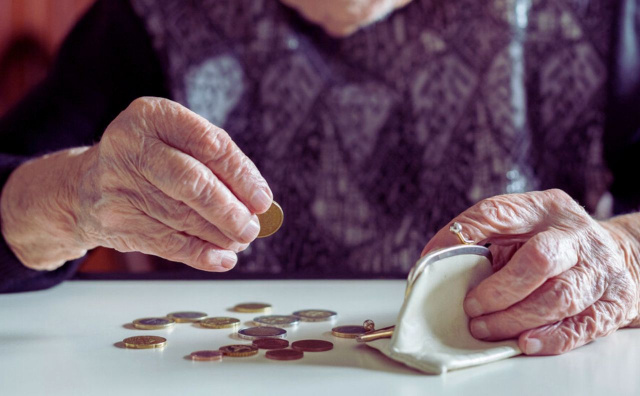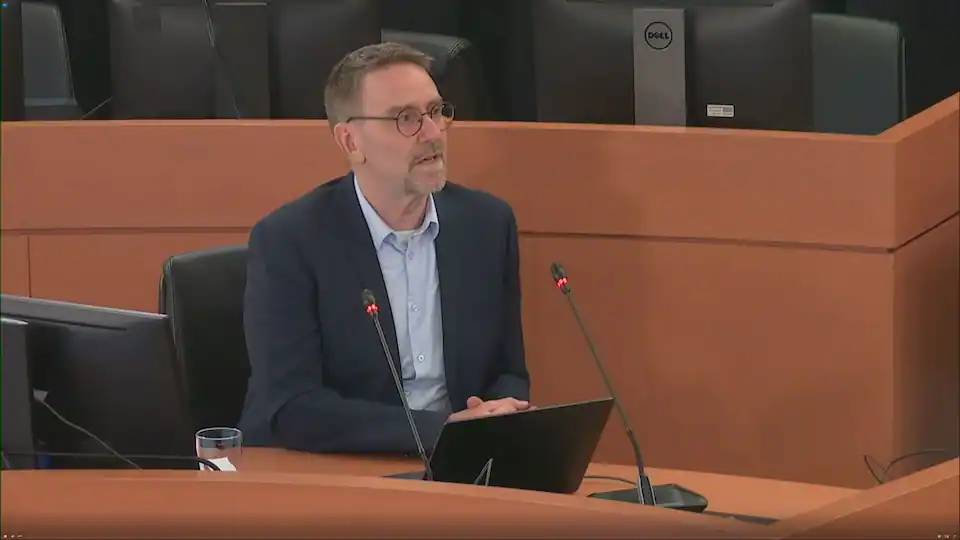Over 16% of Bulgarians Live in Severe Material Deprivation – Could Joining the Eurozone Improve Their Incomes?

Over 16.5% of Bulgaria’s population lives under severe material and social deprivation, according to Eurostat figures from last year. This puts Bulgaria in second place among European Union countries, trailing only Romania, with Greece ranking third.
Eurostat defines severe material and social deprivation as the inability of households or their members to afford at least seven out of thirteen essential goods, services, or social activities considered necessary for a basic quality of life. These essentials include handling unexpected expenses, taking at least a one-week vacation annually, having a personal vehicle, internet access, and other key resources.
Rositsa Makelova from the Institute for Social and Trade Union Research and Training at the Confederation of Bulgarian Trade Unions (CITUB) described the statistics as deeply concerning during an interview with Radio Sofia. She noted that Bulgaria’s share of people living in severe financial hardship is nearly three times higher than the EU average. Despite this, she highlighted a positive trend: over the past decade, the rate has been reduced by half, indicating some stability in national policy and social support for the most vulnerable groups.
Makelova contrasted Bulgaria’s situation with Slovenia, which records the lowest levels of deprivation in the EU. She attributed this to Slovenia’s long-term policies linking minimum wage levels to the cost of living, ensuring that incomes keep pace with expenses.
In Bulgaria, the high level of deprivation is driven by several factors, including depopulation in many regions, the concentration of people in large cities with competitive labor markets, and stagnating wages. Marginalized groups and older citizens are particularly at risk. Makelova stressed the need for coherent national policies addressing both minimum wage and regional wage support, especially in areas funded by the state budget.
She also expressed optimism that Bulgaria’s planned entry into the eurozone could improve living standards. Drawing lessons from the Baltic states, she noted that adoption of the euro was accompanied by a steady increase in income, reflected in the growth of GDP at purchasing power parity. Annual growth of around one percentage point has been reported in these countries, and Makelova is confident that similar gains could occur in Bulgaria, helping reduce the share of people living in severe material and social deprivation.



